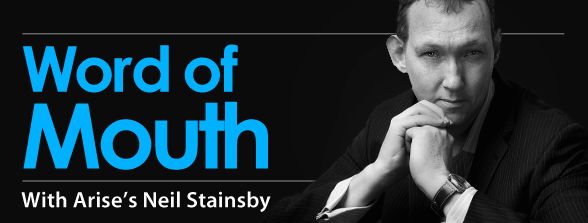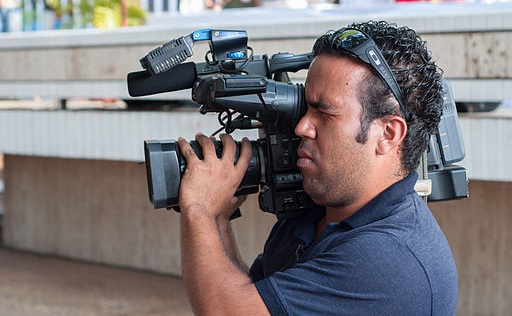
This week, we chat to Arise’s Global Executive Studio Director, Neil Stainsby, about dealing with deadlines in New York, setting up studios in Johannesburg and making time to see Norwich City play at home.
How did you get into your first role at the BBC?
After 4 years at art college, I gained a BTEC Diploma in Audio Visual Studies and an HND in Visual Communications. My first job was at a small production company in Norwich, where I worked as a Camera Operator/VT Editor. After a couple of years experience, I got my first break at the BBC as a Regional Station Assistant in Plymouth. A great job which gave me an excellent grounding in live TV news production. Two years later, I trained to become a Studio Director at the BBC in Manchester.
You’ve worked within television and media for over 25 years – what has been your greatest achievement in your career so far?
I’ve been lucky to work on a number of channel launches but the most satisfying for me personally were the launches of Wizja Sport and Arise News.







